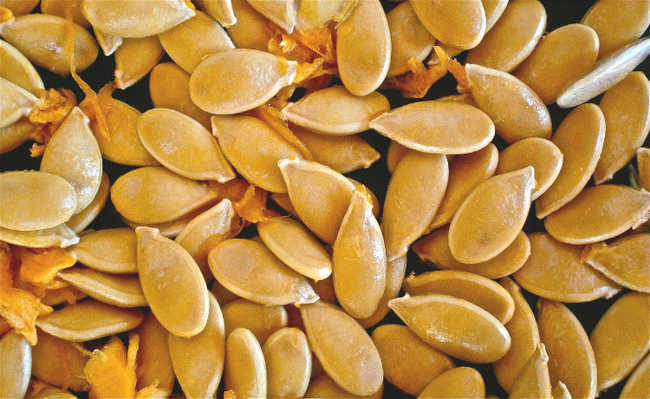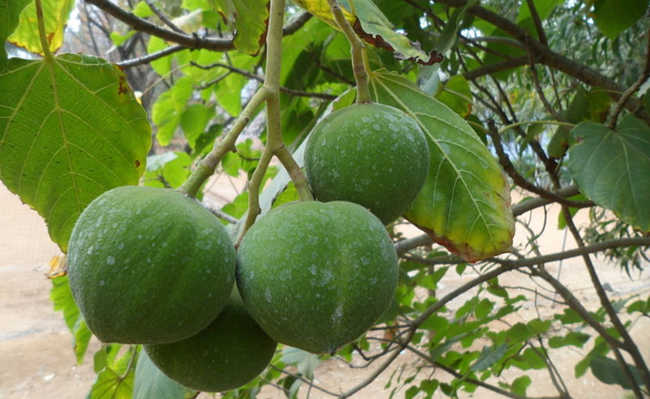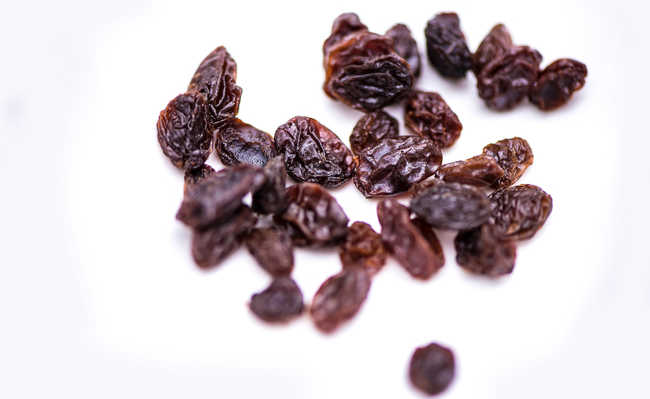Orange peel tea: benefits and how to make
Drinking organic orange peel tea can be beneficial to health and a way to take advantage of what would otherwise be a residue.

Edited and resized image by Jacalyn Beales, is available on Unsplash
Learning how to make orange peel tea is a great way to put this part of the fruit, which is normally discarded, to use. In addition, it can be a way to increase the intake of substances beneficial to health, as orange peel is rich in important nutrients, such as vitamin C and polyphenols. But it is important to keep in mind that the high temperature of the brew degrades some of the vitamin C, and that it is necessary to choose to make organically grown orange tea, to avoid exposure to harmful pesticides - which are mostly concentrated in the peel. of the fruit. Understand:
- Organic urban agriculture: understand why it's a good idea
Benefits
Orange is a sweet and juicy citrus fruit, well known for being a source of vitamin C. However, some people do not know that its peel contains fiber, vitamin C and plant compounds such as polyphenols.
- What is vitamin C and why is it important?
- What is dietary fiber and its benefits?
Just one tablespoon (6 grams) of orange peel provides 14% of the Recommended Daily Intake (RDI) of vitamin C, which is nearly three times the amount of vitamin C found in the buds. The same serving also contains about four times as much fiber (1, 2).
Diets rich in vitamin C and fiber are good for digestion and cardiovascular health, as well as preventing against certain types of cancer (see studies about it here: 3, 4, 5, 6).
Orange peel also contains good amounts of provitamin A, folate, riboflavin, thiamine, vitamin B6 and calcium. In addition to being rich in plant compounds called polyphenols, which can help prevent and manage chronic diseases such as type 2 diabetes, obesity and Alzheimer's (see study about it here: 7).
- Diabetes: what it is, types and symptoms
- What is obesity?
The total content of polyphenols found in orange peel is significantly higher than that found inside the buds (see studies about it here: 8, 9). Orange peel is a good source of hesperidin-type polyphenols and polymethoxyflavones (PMFs), which are being studied for their potential anti-cancer effects (see studies about it here: 9, 10, 11).
In addition, almost 90% of orange peel essential oils are composed of limonene, a natural substance with anti-inflammatory and anti-cancer properties, including against skin cancer (see study about it: 12).
- What are essential oils?
- What are terpenes?
The benefits of drinking orange peel tea have not yet been studied. But it is possible that some of these beneficial substances are
Despite the nutritional benefits, eating orange peel also has some disadvantages.
May contain pesticide residues
Pesticides are often used on citrus fruits such as oranges to prevent the proliferation of fungi and insects (see study about it here: 13). Studies have found that the orange gum has very low or undetectable levels of pesticides, while the peel contains significantly higher amounts (see study here:14).
Studies link long-term pesticide intake to negative health effects, including increased risk of cancer and hormonal dysfunction (see studies: 15, 16). These effects are mainly associated with high levels of exposure rather than the relatively small amounts found in the pods and skins of the fruit.
However, it is still recommended to wash non-organic oranges in hot water to reduce the amount of pesticides ingested (see study on this: 14) and to avoid consuming their peel or tea. To consume orange peel zest or make tea from it, give preference to organic orange. Learn more about organic foods and their benefits in the article: "What are organic foods?".
How to make orange peel tea
Using a knife. A vegetable peeler or grater, orange peel can be cut into thin strips or grated to be added to salads, cakes, drinks or smoothies. To be consumed as a dessert, it can be candied or used to make orange marmalade.
To make orange peel tea, you will need:
- Peel of an organic orange
- 1 glass of filtered water
Infuse the orange peel in boiling water for five minutes. Wait for it to warm and drink. If you prefer a sweeter taste, add a small piece of cinnamon stick. You can also drink iced orange peel tea, with herbs and as a drink ingredient. But keep in mind that no studies have looked at the specific benefits of drinking orange tea. And that high temperature is a factor that degrades part of vitamin C (see study about it here: 17). Therefore, if you are looking to increase your intake of vitamin C, seek out a nutritionist, so that he can indicate safer sources of intake of this substance.
Text adapted from the article by Kelli McGrane, for Heathline










